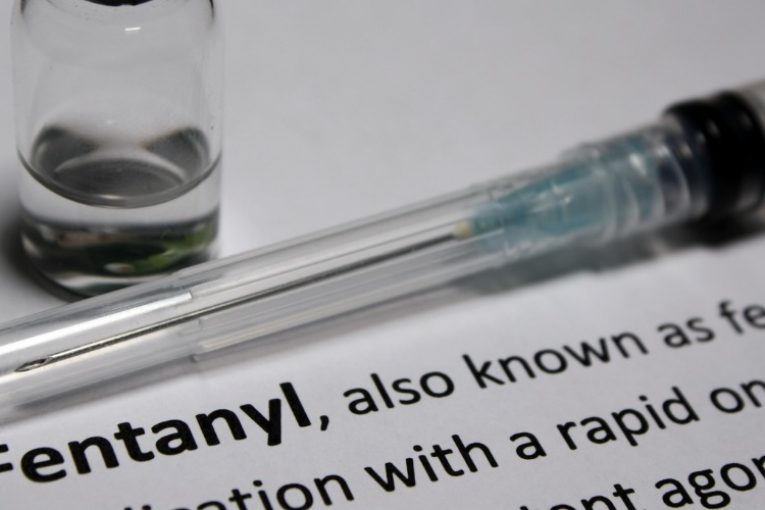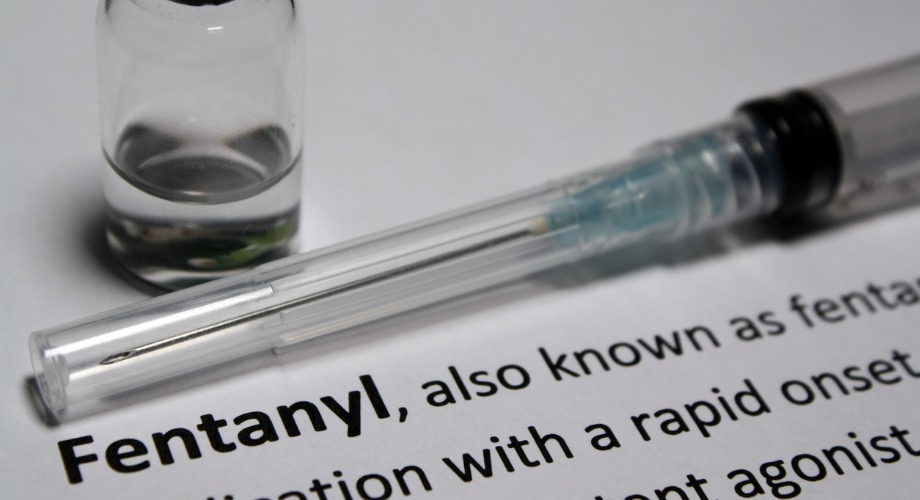

By David M. Greenwald
Executive Editor
San Francisco, CA – The San Francisco Standard ran a hit piece yesterday, “Despite a surging fentanyl crisis that killed nearly 500 people last year in San Francisco, the office of District Attorney Chesa Boudin did not secure a single conviction for dealing the deadly opioid for cases filed during 2021, according to a review of court data.”
They found case information from San Francisco Superior Court showing that “Boudin’s office secured just three total convictions for “possession with intent to sell” drugs in 2021: two for methamphetamine and one for a case including heroin and cocaine.”
The article puts some blame on immigration status, but also, “The DA’s office has put an emphasis on diversion programs—partly out of a commitment to reducing incarceration for lower-level crimes and partly due to efforts to keep the jail population down during Covid.”
The article also notes that most of these dealers are themselves low-level offenders.
“We’re not talking about folks that are dealing in kilos, we’re talking about folks that are dealing in grams,” said Marshall Khine, the office’s chief assistant district attorney. “Many times, because they are low-level offenders on non-violent offenses, we also take into consideration some of the stressors, particularly because some of the individuals that we see are trafficked themselves.”
Naturally, critics of Boudin have been hammering him on this issue.
The article notes that “critics of Boudin’s policies argue that the practice has gone too far. They accuse Boudin of creating a revolving door where the drug dealers fueling San Francisco’s overdose epidemic are receiving slaps on the wrist while hundreds are dying on the streets. In 2020 and 2021, about 1,350 people died from overdoses in San Francisco, many of them from fentanyl.”
Anna Tong a co-author of the article, tweeted, “We obtained court data showing @chesaboudin did not secure any fentanyl drug dealing convictions last year, instead giving an alternate conviction that protects from deportation.”
She added, “Many of the drug dealers are undocumented Honduran nationals, and the DA says they’re doing it because they are required to ‘consider the avoidance of adverse immigration consequences in the plea negotiation process as one factor.’”
Brooke Jenkins, the former DA who is one of the spokespeople for the recall effort, tweeted, “Misdemeanors for selling fentanyl? Is that ‘holding dealers accountable’? To Chesa Boudin it is.”
She added, “No one is advocating for the War on Drugs but this is the far opposite extreme and is costing lives.”
Critics also add, “Just because more incarceration does not improve outcomes, it does not mean no incarceration is the answer. Chesa’s policies have created a wave of deaths 3x worse than covid.”
But have they? Critics are quick to point out the spike in San Francisco overdose deaths but fail to note the huge increases started in 2018 and 2019 before Boudin was even DA. Moreover, drug overdose deaths are spiking across the country regardless of local law enforcement policies.
Politico last week, for example, reported, “More than 107,000 Americans died from drug overdoses in 2021, a new high for the United States as communities across the nation remain in the grip of a decades-long deadly opioid epidemic.”
US drug control responses have helped to fuel that. When leaders realized that doctors were overprescribing prescription pain pills, they responded by making it much harder to get such pills. That forced addicts to heroin and, more dangerously, fentanyl.
Thus, “Deaths from opioids rose from 70,029 in 2020 to 80,816 in 2021, while deaths from drugs including synthetic opioids like fentanyl, psychostimulants and cocaine also rose over the course of the year.”
Francisco Ugarte, who specializes in Immigration Case for the San Francisco Public Defender’s office, yesterday pushed back on the SF Standard article in a tweet stream, calling it “a shockingly disingenuous piece about the drug crisis” noting that it implies “that no one gets prosecuted for selling fentanyl, that immigrants are bringing crime, and that Chesa Boudin is somehow responsible for overdose deaths.”
He called the notion that that the DA’s office had just three drug dealing convictions in SF “wildly false, worthy of an immediate retraction.”
He said, “Come to SF Superior Court and see for yourself the revolving door of brown and Black human beings, often caged, charged with drug sales, who plead to felonies. Penal Code 32 (accessory to a felony) has always been considered a drug-sale related offense.”
He also noted, “The insinuation here is that if Chesa simply put more people in jail, he would save lives. This ignores reality–the Drug War was a failure. It also ignores a global addiction epidemic.”
He added, “More prosecutions = less addiction, and less drug availability. For a data driven outfit, it is shocking to see this underlying assumption go unchecked. No data anywhere suggests that more prosecutions of drug sales, or stiffer sentences, will solve the problem.”
In fact, he argued, the opposite was true. “As federal and state govts pour $$ into prosecutions–exponentially increasing jails, prosecutors, special agents, confidential informants, etc.–drug availability has actually increased, and drug trafficking organizations have become stronger.”
This is one of the big problems and lies of the war on drugs. Drugs are not a supply-based crime market. The opposite is true. It is driven by the demands and addiction. All you do if you arrest a bunch of so-called drug dealers is displace one drug dealer for another. And as some studies have noted, it’s actually very dangerous to do that because when one supplier is removed, five will then battle to take over their turf.
As the DA noted, we are not talking about people dealing in kilos here, we are talking low-level drug dealers. We cannot arrest our way out of the problem.
As the Drug Policy Aliance points out, “Policymakers in the United States increasingly recognize that drug use should be treated as a public health issue instead of a criminal issue. Most, however, continue to support harsh criminal sentences for people who are involved with drug selling or distribution. Many imagine these people are ‘predators’ or ‘pushers’ who force drugs on the vulnerable, contributing to addiction, overdose and violent crime.”
The problem as they find: “Imprisoning people who sell drugs does not reduce the drug supply, increase drug prices, or prevent drug use.”
Why? Because, as I noted, “When a person who sells drugs is imprisoned, they are inevitably replaced by a new recruit or by remaining sellers, as long as demand remains unaffected.”
Further, DPA notes, “Framing people who sell drugs as perpetrators and people who use drugs as victims is also misguided because there is extensive overlap between these two groups. A 2012 survey found that 43% of people who reported selling drugs in the past year also reported that they met the criteria for a substance use disorder. In addition, laws against drug selling are so broadly written that it is easy for people caught with drugs for personal use to get charged as dealers, even if they were not involved in selling at all.”
So basically, the SF Standard and critics of Boudin are attacking him because San Francisco, like the rest of the country is facing a drug crisis and is struggling to get the resources it needs for the harm-reduction approaches—that are actually proven to work rather than incarceration.






